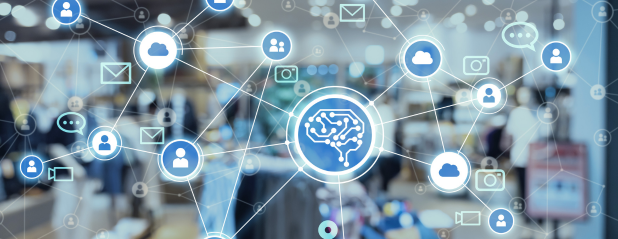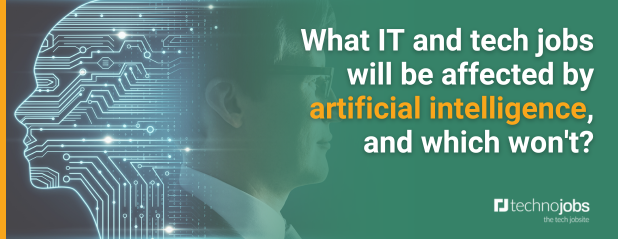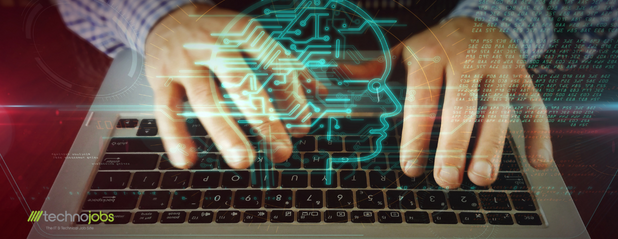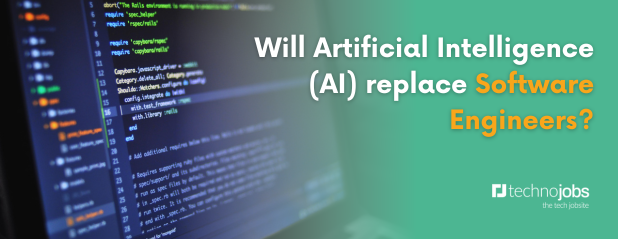10 ways artificial intelligence (AI) is impacting business operations.

According to the IBM Global AI Adoption Index 2022, 35% of companies are reportedly using artificial intelligence (AI) in their business, and an additional 42% reported they are exploring AI. AI is helping companies address skills shortages by automating repetitive tasks. The report states that 30% of global IT professionals say employees at their organisation are already saving time with new AI and automation software and tools.
We’ve put together a list of the 10 ways artificial intelligence (AI) is impacting business operations.
1. Automation
AI is assisting organisations in boosting productivity in numerous ways, including automating workflows and streamlining mundane day-to-day tasks. It reduces the amount of time workers need to complete a task, and they are able to do more in less time as a result, increasing the overall productivity of the business and allowing them to operate more efficiently and cost-effectively.
2. Personalisation
AI is able to analyse customer data to help provide personalised recommendations and content. The more data companies are able to obtain the greater the personalisation can be, which can lead to increased customer satisfaction and loyalty.
3. Predictive Analytics
Predictive analytics forecasts future trends using statistical algorithms in conjunction with internal and external data, which enables organisations to optimise processes, boost sales, and cut operating costs. AI is used in predictive analytics to help analyse large amounts of data faster and in a more accurate and timely manner.
4. Customer Service
Conversational AI is powered by machine learning and natural language processing both of which learn and improve from experience without explicit programming, which is highly important in customer support. We’ve seen examples of conversational AI through chatbots and virtual assistants, which reduces the need for human customer service representatives and can help save time and costs.
5. Fraud Detection
Financial companies and fintech firms are using advanced analytics to forecast fraud so they can stop them before they take place. AI has the ability to simultaneously search operations for any signs of fraud, and if they spot fraud, they can take prompt action by manually or automatically flagging the behaviour.
6. Supply Chain Management
Within supply chain management, optimisation is key. AI can be used to help with accurate inventory management, helping prevent overstocking and waste. AI can also be used in warehouse efficiency, where it can help analyse workplace safety data, informing manufacturers of possible risks. AI can also work error-free for a longer duration, reducing the number of human oversight-led errors and workplace incidents.
7. Decision-Making
Businesses use AI for decision-making processes, they use datasets with AI to help create judgments that are quicker, more accurate, and more consistent than human judgment. AI can analyse huge datasets in a matter of seconds without making mistakes, freeing up your workforce to concentrate on other tasks.
8. Marketing and Advertising
AI can be used in marketing and advertising to help create ad campaigns, segment customers, and personalise customer messages. AI can also be used to help develop content that resonates with your target audiences, which will help convert them into customers. All of these processes can help save time and money.
9. Human Resources
AI can be used in human resources (HR) for a number of processes including recruiting, onboarding, and training. Within recruitment, AI can help filter through applicants to find the best matches for roles based on skillset, experience, and cultural fit. For onboarding AI can automate processes such as scheduling introduction meetings and sharing contracts and paperwork. Then finally for training machine learning has the ability to assess an employee's strengths and weaknesses based on their personal data such as location, team members, role, etc. and it can give actionable suggestions for improvement. All of which saves time and helps optimise HR activities.
10.Cybersecurity
In cybersecurity, AI and machine learning are used to analyse millions of events and identify a wide range of threats, including dangerous behaviour that might result in phishing attacks or data breaches. These systems develop over time and use historical data to recognise current emerging threats. Machine learning uses behavioural histories to create profiles for users, resources, and networks, and is able to recognise and react to deviations from the norm.
AI has the potential to revolutionise business operations in many ways, and as AI technology continues to advance and become more accessible, it is expected that more businesses will adopt AI solutions in order to stay competitive and meet the changing needs of their customers. However, it is also important for businesses to consider the ethical implications of AI and ensure that it is being used responsibly and ethically. Overall, AI has the potential to be a powerful tool for businesses, but it is important to approach it with caution and consider its impact.




